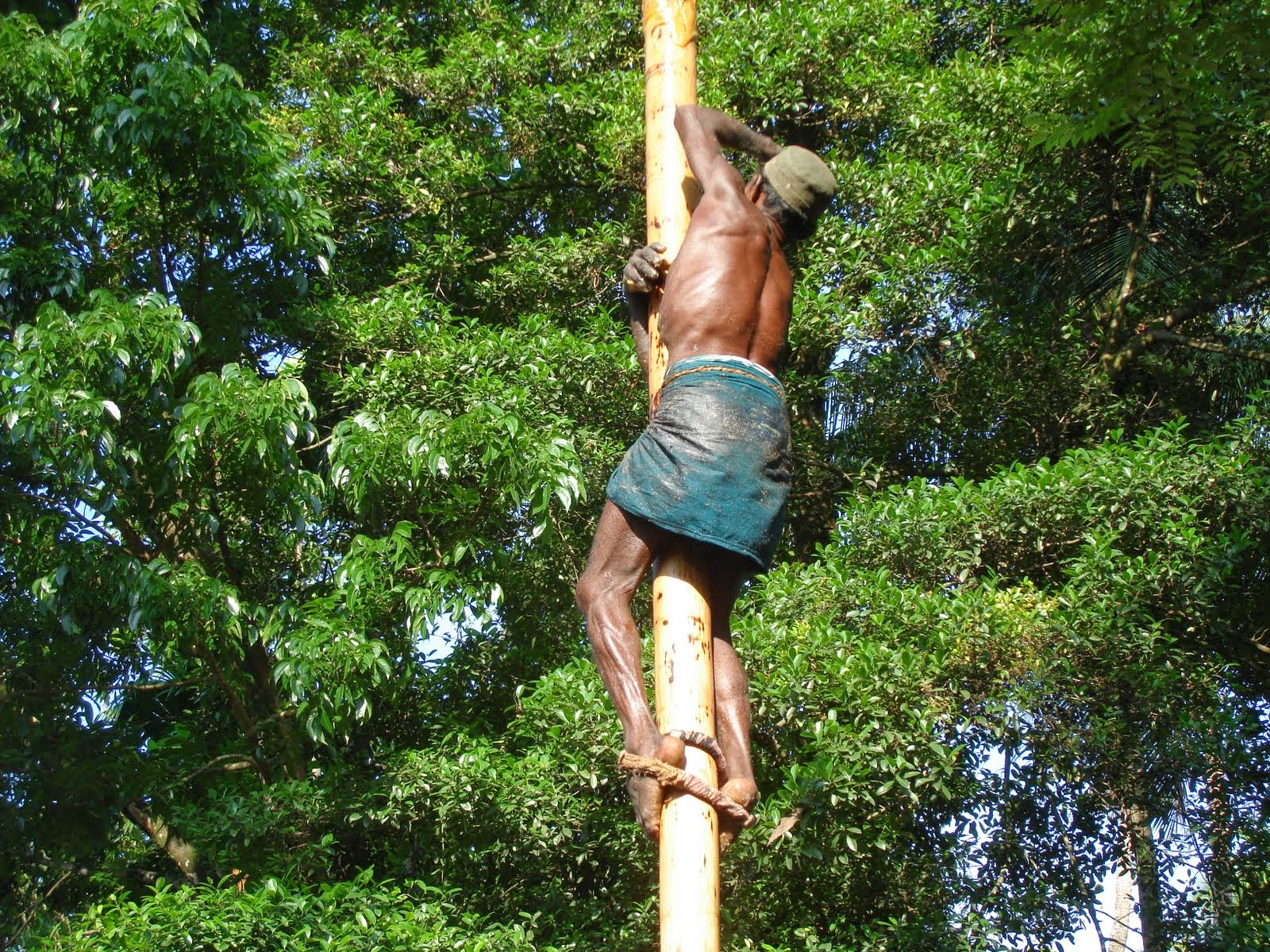Although it’s technically referred to as
the Sinhalese and Tamil New year, I prefer to call it the Sri Lankan New Year
because it is celebrated not just by Sinhalese and Tamil people but by most Sri
Lankans. ‘Aluth Avuruddha’ as it is called in Sinhalese is celebrated on the 14th
of April each year. It is an astrologically significant day and also marks the
end of the harvest season. Like most other traditional celebrations in Sri
Lanka, we have loads of very specific, unique and sometimes somewhat strange
customs and traditions that are upheld on the New Year day and a few days
before and after it.
Everyone knows when the Avurudu Season
comes along when they hear the sound of the Koha. The Koha is a type of cuckoo
bird called the Asian Koel. The mating season of the Koha coincides with the
New Year Season, and therefore Sri Lankans consider the mating call of the Koha
to be like an announcement that the New Year is coming!
 |
| The Asian Koel |
Unlike the dawn of the New Year on the 1st
of January, where the old year ends on the 31st of December at midnight and the
New Year starts immediately after, the dawn of the Sri Lankan New Year occurs hours
after the end of the old year. These are auspicious times and are different
each year. There is a period called the ‘Punya Kaalaya’ that starts with the
ending of the old year, which is a neutral period where traditionally Sri
Lankans refrain from material pursuits and engage in religious activities. This
period is also often referred to as ‘Nonagathe’ which means period of no auspicious
time. This year, that period is from 1.13 AM to 2.01 PM on the 14th of April.
The New Year dawns during this period at 7.37 AM.
Confused yet? Wait, there’s more!
There is an auspicious time [10. 17 AM this
year] when Sri Lankans boil milk in a clay pot on a wood fire until it froths
to the top and overflows. This signifies an abundance of success in the upcoming
year. They then start preparing the meal for the New Year. This meal however cannot be consumed until
11.05 AM because we Sri Lankans have an auspicious time for everything! Other
customs like lighting the oil lamp and eating Sri Lankan Kavili like Kavum [an
oil cake] and Kokis [a crispy sweetmeat] are done at this time as well. It is
after this that the celebrations begin in each town with traditional games and
ladies playing the Rabane, a large round drum. People also go around to all of
their relative’s homes to wish them a Happy and Prosperous New Year.
 |
| Kavum |
 |
| Kokis |
 |
| Other Sweetmeats |
 |
| Ladies playing the rabane |
The traditional games are fun to take part
in and even more fun to watch! Here are a few of them:
Kana Mutti – Where the contestant is
blindfolded and given a pole to hit one of the clay pots that are hanging on a
string. Kind of like a piñata, but not really! The clay pots are usually filled
with water, flour or toffees and the crowd usually backs away from the
blindfolded contestant to avoid being sprayed or having the pole being swung at
them!
 |
Banis Kama – Which translates to ‘eating
buns’, is a game where the contestants kneel in front of a bun hanging on a
string and compete to be the first to finish eating it without using their
hands!
Kotta Pora – This one’s kind of like a
pillow fight, but you are seated on a log and you must try and whack your opponent
off the log with a very hard pillow using only one hand to win!
There are more bizzare games as well, like
the one where a blindfolded person must be the first to finish feeding their partner
yogurt or curd and the one where the person that manages to climb furthest up a
greasy pole wins. There are also lime and spoon races, draw the eye on the elephant, gunny bag races, tug
of war and the egg toss where you keep throwing an egg to your partner and catching it when they throw it back. You keep taking a step back after every round and the last team standing without having dropped or broken the egg wins!
 |
| Yogurt Feeding - Always messy! |
 |
| Climbing up the greasy pole |
 |
| Gunny Bag Race |
 |
| The Egg Toss - I usually avoid this one!! |
If you think that the Avurudu Traditions
end there, you’re wrong! There are two other main customs that happen after New
Year’s day. One is to apply oil on your head at 11.16AM on the 16th of April
and the other is to leave for work at 6.16 AM on Wednesday the 17th of April.
Although our customs, traditions, rituals
and games might seem unusual and most often kind of bizarre, I believe that it
is what adds flavour to our culture and it is what sets us Sri Lankans apart from the rest.

